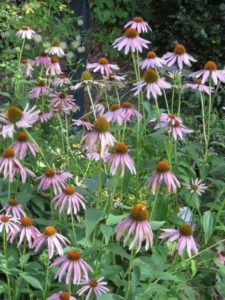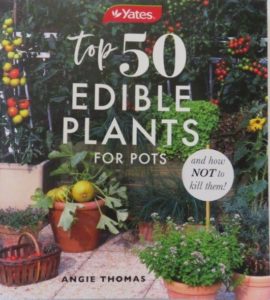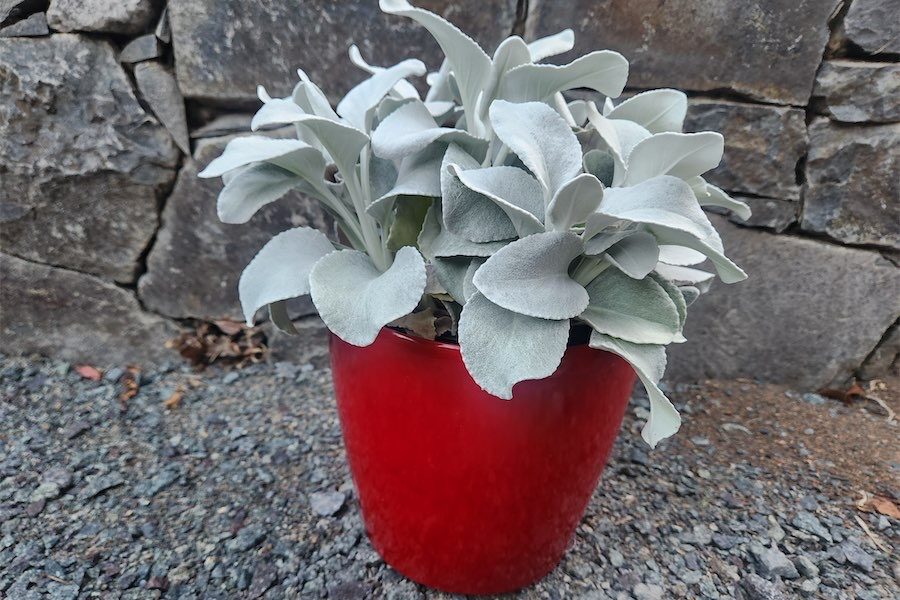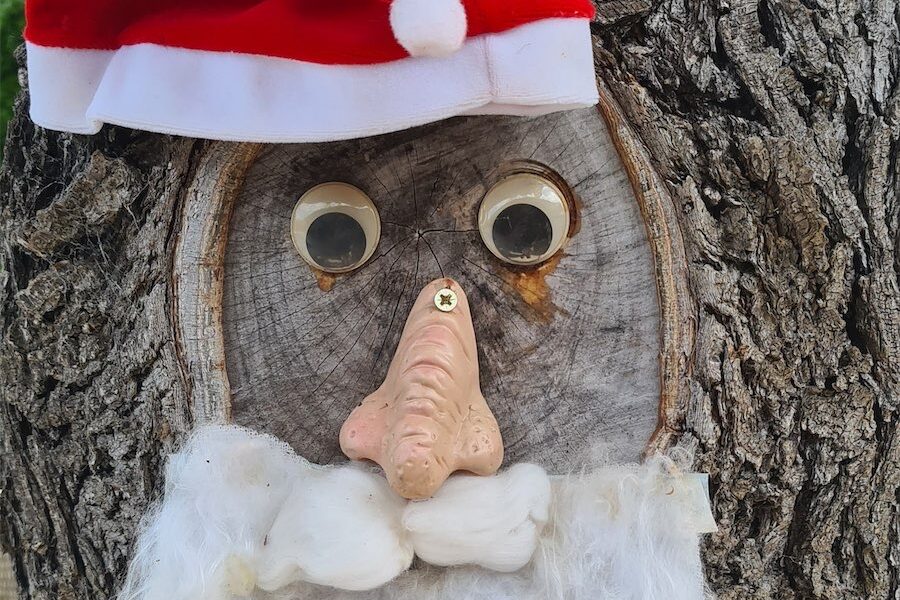
TAKING a friend from Yass out to lunch at the delightful slab hut cafe The Rollonin at Bowning I was pleased to see several varieties of the old-world cottage plant hollyhock, Alcea Rosea.

When we bought a property in Yass for our nursery, the main house, “Aberlour”, was built by a Scottish settler in 1919. In our first summer, the front of the house was a sea of hollyhocks.
In today’s gardens it appears to be rarely grown. And yet it has a place in most gardens with large flowers on tall, stately stems up to two-metres tall.
Hollyhocks have a long and fascinating history of which its origins are lost in the depths of time.
They grow from Europe to the Far East in Japan and China where since the 9th century they were a symbol of passing time.
Helped by Peter Valder’s excellent book “The Garden Plants of China”, I have discovered that, as a perennial or biennial, it has been a favourite cottage plant for at least 500 years.
In China its flowers and seeds are used in medicines and the bark can be used to make textiles. In Kyoto, the Hollyhocks Festival is one of Japan’s three most important floral annual festivals.

ECHINACEA flowers are a feature of our garden at present. Commonly referred to as coneflowers, due to the shape of the centre of the flower, echinacea are of the daisy family related to sunflowers.
They are herbaceous perennials generally with pink flowers; although with modern breeding yellow and white flowers are appearing.
I prefer the traditional pink as they are when growing in their home environment on the dry prairies of the north-western areas of the US. This gives a clue to their drought hardiness. Growing up to 150mm tall they self-seed readily lying dormant after the flowers dry until the following season.
WITH the perfect growing conditions I have been mowing the lawn at least once a week. This is providing an over-abundance of lawn clippings, of which it is easy to continue to dump on the compost heap. However, this can lead to a soggy and mildew mess that will not rot down. So it’s important to mix other, coarser material in with the clippings.
AUTHOR Angie Thomas, a horticulturist of more than 23 years, in conjunction with Yates, has produced the perfect gardening book for today’s climate, “Top 50 edible Plants for Pots and How Not to Kill Them! (Harper Collins, rrp $35).
 With ever decreasing size of gardens and the rapid increase of balcony gardens, this book could not have arrived at a better time. Starting with the most common plants grown in pots such as herbs, it moves on to more serious veggies such as potatoes, carrots and cabbages. Then through to growing a full range of fruit trees in pots. Profusely illustrated throughout, it covers all aspects such as pots and potting mixes. I’m giving it five stars.
With ever decreasing size of gardens and the rapid increase of balcony gardens, this book could not have arrived at a better time. Starting with the most common plants grown in pots such as herbs, it moves on to more serious veggies such as potatoes, carrots and cabbages. Then through to growing a full range of fruit trees in pots. Profusely illustrated throughout, it covers all aspects such as pots and potting mixes. I’m giving it five stars.
AS I well know, one of the most rewarding occupations is horticulture. With proper training, the opportunities that open up range from setting up a business (such as garden maintenance) through to garden design.
Then wider opportunities present themselves from parks management to horticultural research. The great plus is the outdoor life of healthy fresh air. The Canberra Institute of Technology offers a wide range of courses with world-class facilities at its Bruce campus and the details are at cit.edu.au/horticulture
Who can be trusted?
In a world of spin and confusion, there’s never been a more important time to support independent journalism in Canberra.
If you trust our work online and want to enforce the power of independent voices, I invite you to make a small contribution.
Every dollar of support is invested back into our journalism to help keep citynews.com.au strong and free.
Thank you,
Ian Meikle, editor




Leave a Reply